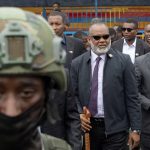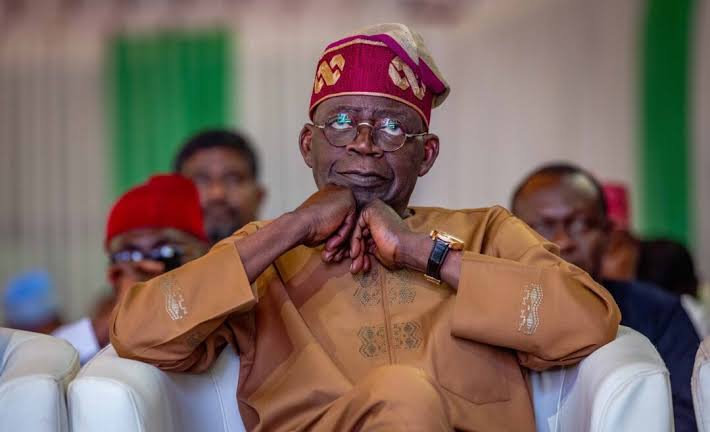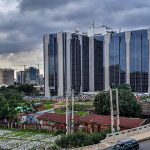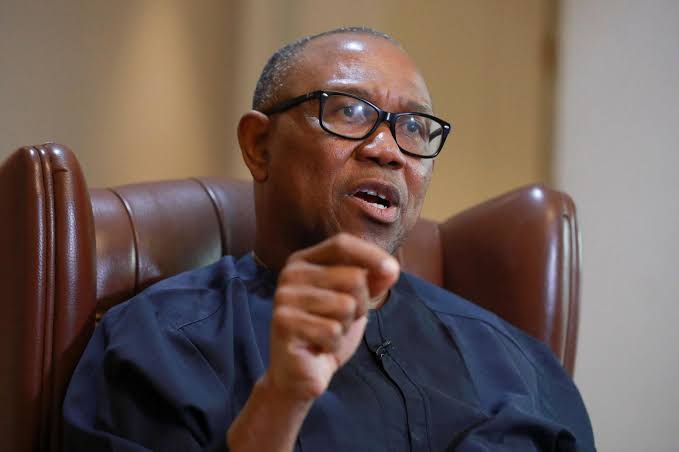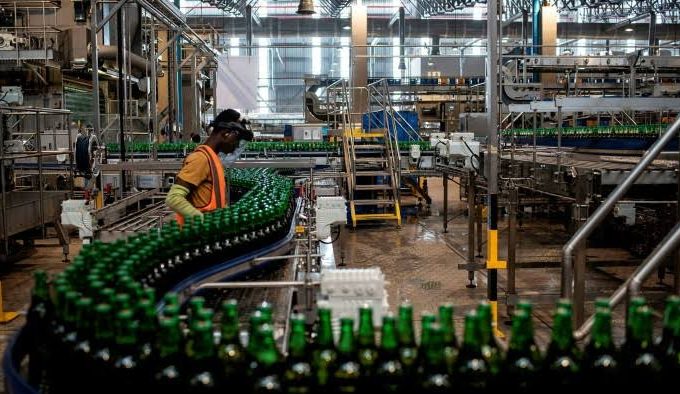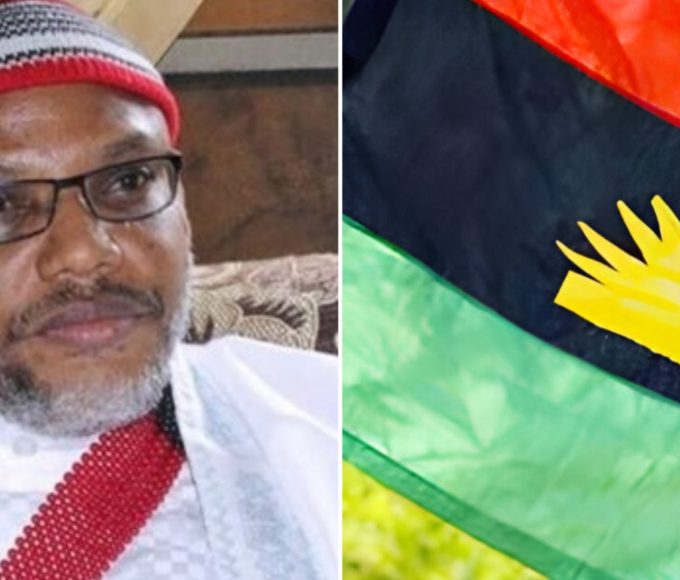
In a bold move, President Bola Ahmed Tinubu has greenlit the revival of school feeding programs, setting sights on reaching 15 million out-of-school children by 2027. Education Minister Tahir Mamman announced the decision, emphasizing the transfer of the program from the Humanitarian Ministry to Education for enhanced implementation.
A Second Chance or Déjà Vu: The Shadow of Past Suspensions
However, this initiative is not without its skeptics. Critics draw attention to the fact that the former president, Muhammad Buhari, suspended a similar program, which led to chaos during that time. The decision to reintroduce it now under Tinubu’s leadership raises questions among Nigerians about the viability and sustainability of such initiatives.
Harmony in Tertiary Institutions: Salaries, IPPIS, and Autonomy
One of the focal points is Tinubu’s approval of paying four months’ withheld salaries to Academic Staff Union of Universities (ASUU) members. While this move reflects the government’s commitment to harmonious relations in tertiary institutions, some critics argue that it might be perceived as a way to mitigate public dissatisfaction.
Tertiary institutions being exempt from the Integrated Personnel Payroll and Information System (IPPIS) is another element of Tinubu’s education reforms. This decision, steering back to previous payment procedures, is seen by supporters as a step towards more flexibility and autonomy for these institutions. However, skeptics fear a repetition of past challenges and question the long-term impact.
Ambitious Goals, Lingering Concerns: Bringing Back Out-of-School Children
In parallel, the government’s ambitious goal to bring back 15 million out-of-school children aligns with Tinubu’s commitment to education. Yet, critics express concern about the potential shortcomings, drawing parallels with the suspended program during Buhari’s tenure.
Adding to the current scrutiny, Tinubu’s recent decision to slash the transportation system in Nigeria by 50% has stirred public discourse. This move, though aimed at economic considerations, has contributed to a narrative of mixed policy outcomes.
In the eyes of many Nigerians, Tinubu’s recent initiatives raise questions about the sincerity of these reforms and their potential to endure. The recurrent theme of reintroducing or attempting to establish systems that have faced challenges in the past is a cause for skepticism among the populace. As these reforms unfold, Nigerians watch closely, hoping for tangible, sustainable changes in the country’s education landscape.
President Bola Tinubu is not ready to serve. This stems from the fact that he is trying every bait to JumpStart the economy. School feeding program,50% transport etc. If he is serious, just a single action, bring down the price of fuel drastically & run a check on our purported
— Nnaemeka Edeh (@NnaemekaEdeh1) December 22, 2023
How's that a legacy? Food feeding programme was and still a scam. Don't feed people's children with ur malnourished food, create jobs for their parents n they will feed their children well. criminal government like that of buhari who was stealing through minister of humanitarian
— Lucky Ailemen (@aluckiano) December 22, 2023
When the economy is good and parents are remunerated well combined with a better working and business condition, parents will cook a better meal for their not necessarily depending on food cooked in an unhygienic environment or unknown destination. We know those targeted for.
— Kidi Emmanuel (@KidiEmmanuel) December 22, 2023
Read: AI Influencers: The New Faces of Social Media?
About The Author
Related Articles
Peter Obi Joins Protest at National Assembly Over Election Reforms
Former presidential candidate Peter Obi joined protesters at the National Assembly in...
ByWest Africa WeeklyFebruary 9, 2026Manufacturers record N1.8 trillion in unsold goods
Nigeria’s manufacturing sector is facing a deepening crisis as the value of...
ByWest Africa WeeklyFebruary 9, 2026Germany, England, Nigeria Set for Beach Soccer Event in Ghana
Ghana is preparing to host an international beach soccer festival that will...
ByWest Africa WeeklyFebruary 9, 2026South East Residents Get Relief as Sit at Home Is Cancelled
Nnamdi Kanu has announced the cancellation of the long-running sit-at-home order that...
ByWest Africa WeeklyFebruary 9, 2026




